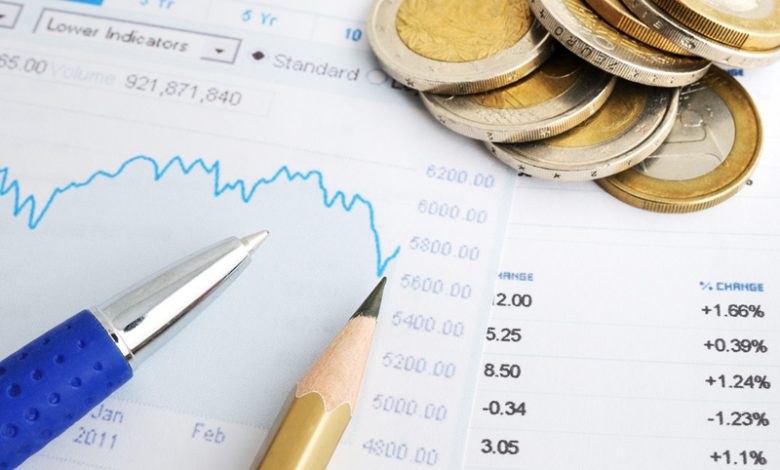
Japan Government Plans Direct Spending of Approximately 7 Trillion Yen in Stimulus Package, Sources Say
By Takaya Yamaguchi
TOKYO – The Japanese government is set to announce a direct fiscal spending plan of approximately 7 trillion yen (around $67 billion) as part of an economic stimulus package exceeding 28 trillion yen, according to two sources familiar with the discussions.
This direct spending represents only a quarter of the total package, potentially disappointing market observers who were anticipating larger financial commitments given the substantial overall amount, which is equivalent to more than 5 percent of the nation’s gross domestic product.
The comprehensive stimulus plan is expected to receive approval from Prime Minister Shinzo Abe’s cabinet next Tuesday. It includes 6 trillion yen earmarked for a fiscal loan and investment initiative designed to encourage private-sector spending, such as the construction of a "maglev" train line. The sources requested anonymity as the details are still being finalized.
An additional 15 trillion yen will be sourced from quasi-government financial institutions that provide loans, loan guarantees, and subsidies to businesses.
Frederic Neumann, Co-head of Asian Economics Research at HSBC, noted that the actual stimulus effect on economic growth may be less significant, with the benefits of extra spending likely to be weaker and distributed over several years. He also mentioned that the unexpected fiscal announcement could add pressure on the Bank of Japan to take action in their upcoming meeting.
Political pressure on the Bank of Japan for increased stimulus has intensified, particularly after the economy minister urged the central bank to collaborate with the government to enhance growth in light of the larger-than-expected fiscal spending package.
Some regional Bank of Japan policymakers are cautious about committing to additional easing, expressing concerns over the rising costs and diminishing returns of the extensive asset-buying program, which is impacting bond market liquidity.
Following a significant election victory earlier this month, Abe instructed his government to devise a stimulus plan aimed at rejuvenating an economy hindered by sluggish consumption and investment, despite three years of his "Abenomics" approach, which includes aggressive monetary policy, fiscal spending, and proposed reforms.
The proposed economic package has grown from initial estimates of at least 20 trillion yen to its current total.
A spokesperson for the prime minister’s office declined to comment on the specifics of direct spending within the stimulus, reiterating Abe’s statement that the package will exceed 28 trillion yen, with 13 trillion yen classified as "fiscal measures."
 GOOGL
GOOGL  META
META 


